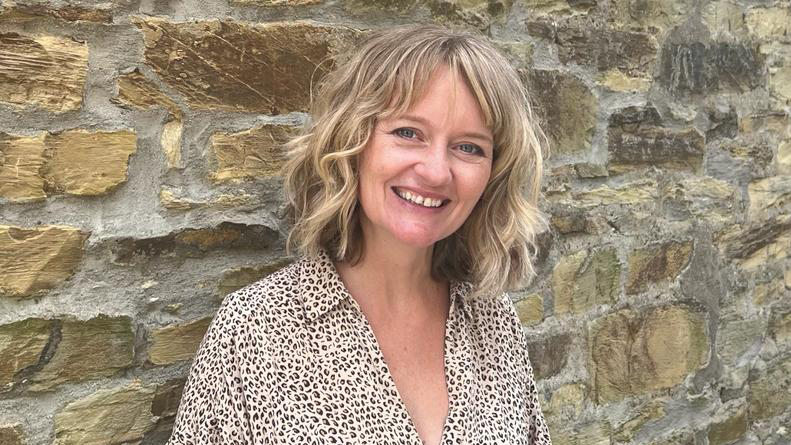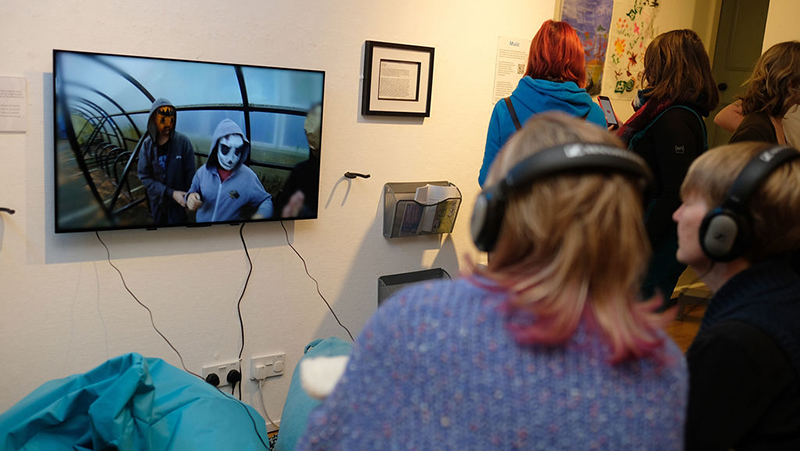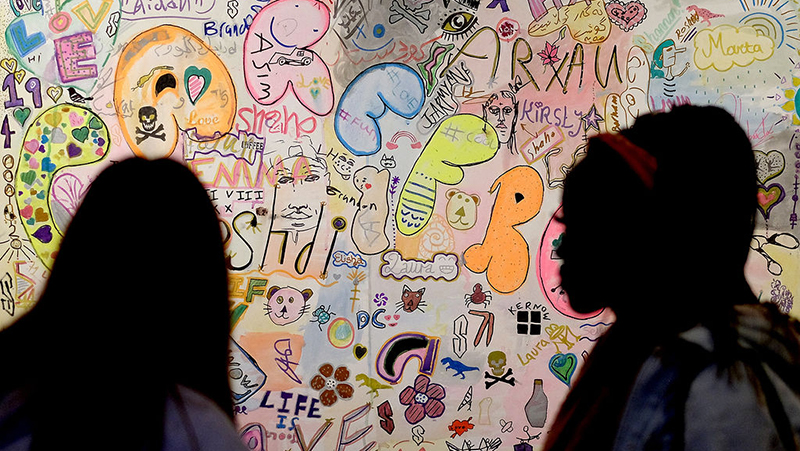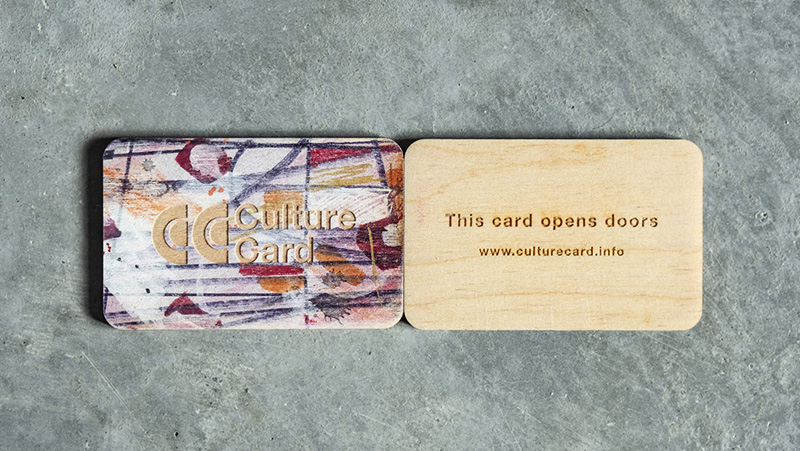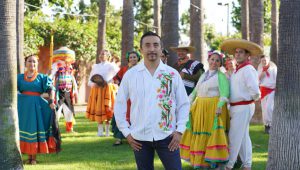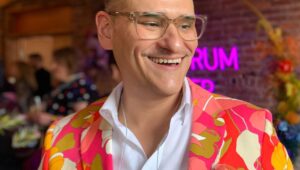Say hello to Celine Elliott, member of the 2020 UK Creative Community Fellows program and a youth development staff at the English Heritage charity. During her time as a Fellow, Celine was the engagement lead for Cornwall Museums Partnership, where she explored the civic potential of museums and galleries, decolonising museum practice, redressing the power-imbalance within institutions and improving access to collections. Her project throughout the fellowship was Culture Card, a free access pass to museums and galleries for children in care and care leavers.
NAS recently caught up with Celine to see how Culture Card has progressed and made a positive impact on the isolation, loneliness, and lack of access to affordable cultural opportunities that children in care and care leavers face.
Hi Celine! Where has your work been focused lately?
Since taking part in the NAS experience I’ve continued to develop the Culture Card project, here in the UK, with my team at Cornwall Museums Partnership. Culture Card enables free access to museums, galleries & heritage sites for young people who are care experienced for themselves plus a guest. In the UK, ‘care experienced’ means someone who, at any stage of their life, for any length of time, has been ‘in care’ E.g. looked after by the local authority; this includes time spent in foster care, children’s homes, privately fostered, looked after at home under a supervision order, or in kinship foster care (where a friend/family member becomes the foster carer). Our aim, alongside our brilliant partners Carefree Cornwall, is to remove barriers for this group and help overcome loneliness & isolation which is why the ‘plus a guest’ is so important. We were able to find three funders to support the second stage of the project – the Museum of Carefree. This has enabled the young people to create a touring exhibition which celebrates their creativity and explains what it means to be care experienced, as well as sharing information about Culture Card & Carefree Cornwall. In addition, the young people have created a short film about ‘How to provide a good welcome’ which we aim to share with organisations who join the scheme: this places them in the position of ‘experts’, hopefully underling my belief that heritage spaces have more to learn from young people than they might realise. All of this has been supported by an amazing community artist – Emma Saffy Wilson – who has helped develop young people’s creativity at every step of the project.
What’s the most rewarding part of your work?
It’s gratifying to see the positive effect improved access has not only on the lives of young people who are care experienced, but on the organisations who have joined the project: the ‘strength based’ approach we use – highlighting the achievements & knowledge the young people have – is fundamental & helps de-centre organisations who previously may have been more inward-looking, reminding them that collections are held in trust for the public. Access is crucial, especially for people living on limited means who face substantial barriers to participation.
Tell us about the biggest challenge you’re facing now.
When organisations are under increasing pressure to charge higher entry costs through reduced funding, it makes it harder for them to make allowances. I try to remind them that people living on very low incomes won’t be able to pay so they aren’t losing a potential ‘customer’ but they will be gaining new visitors &, crucially, connecting with their community.
It’s also a challenge building-in different aspects of the project: for example, we need to create a digital ‘card’ which would allow young people to keep a copy on their phone & also help track how many visits organisations are receiving but finding funding for this element hasn’t been possible to date – so far!
How has your NAS experience assisted your work on Culture Card?
I used my time with NAS to develop this stage of the project: when I applied we’d almost completed phase 1 of Culture Card but the concept of the Museum of Carefree was something the young people really wanted to explore next. The NAS experience meant I was able to carve out time from other elements of my working day to focus on the next stage: I don’t think we’d have got to this point without NAS!
Also, a major element of my role in this project has been advocacy: encouraging people to think about what their work can do for young people who are care experienced where they are, and spreading the word about the difference community-centred engagement makes. Connecting with the NAS cohort & alumni has given me this opportunity not only in the UK but in the US, too.
